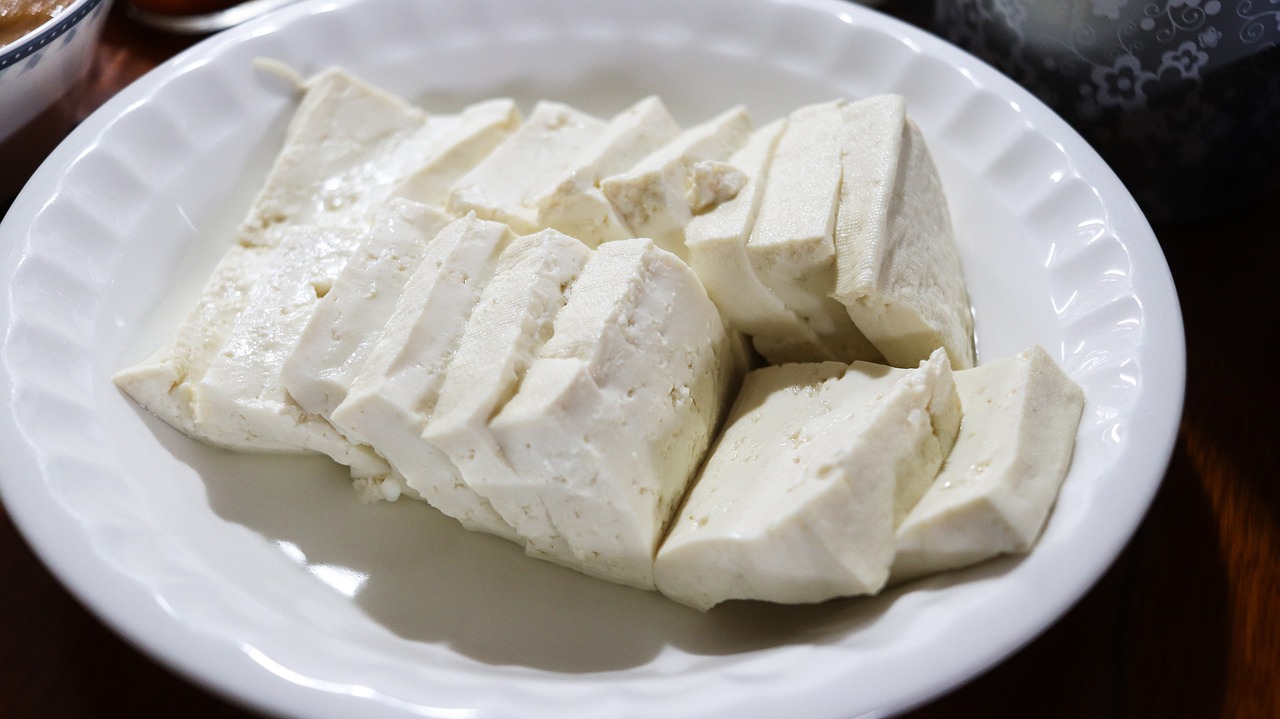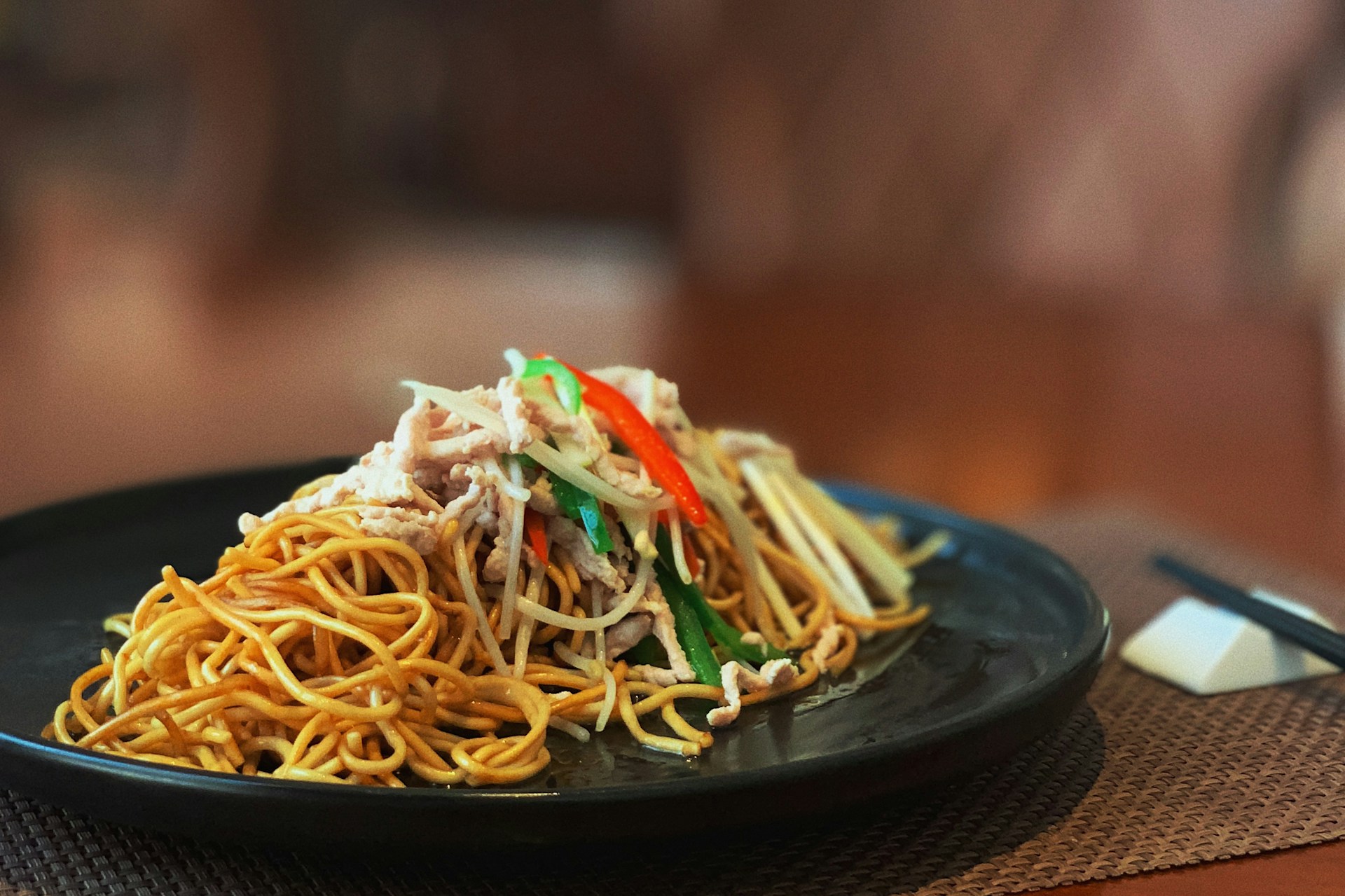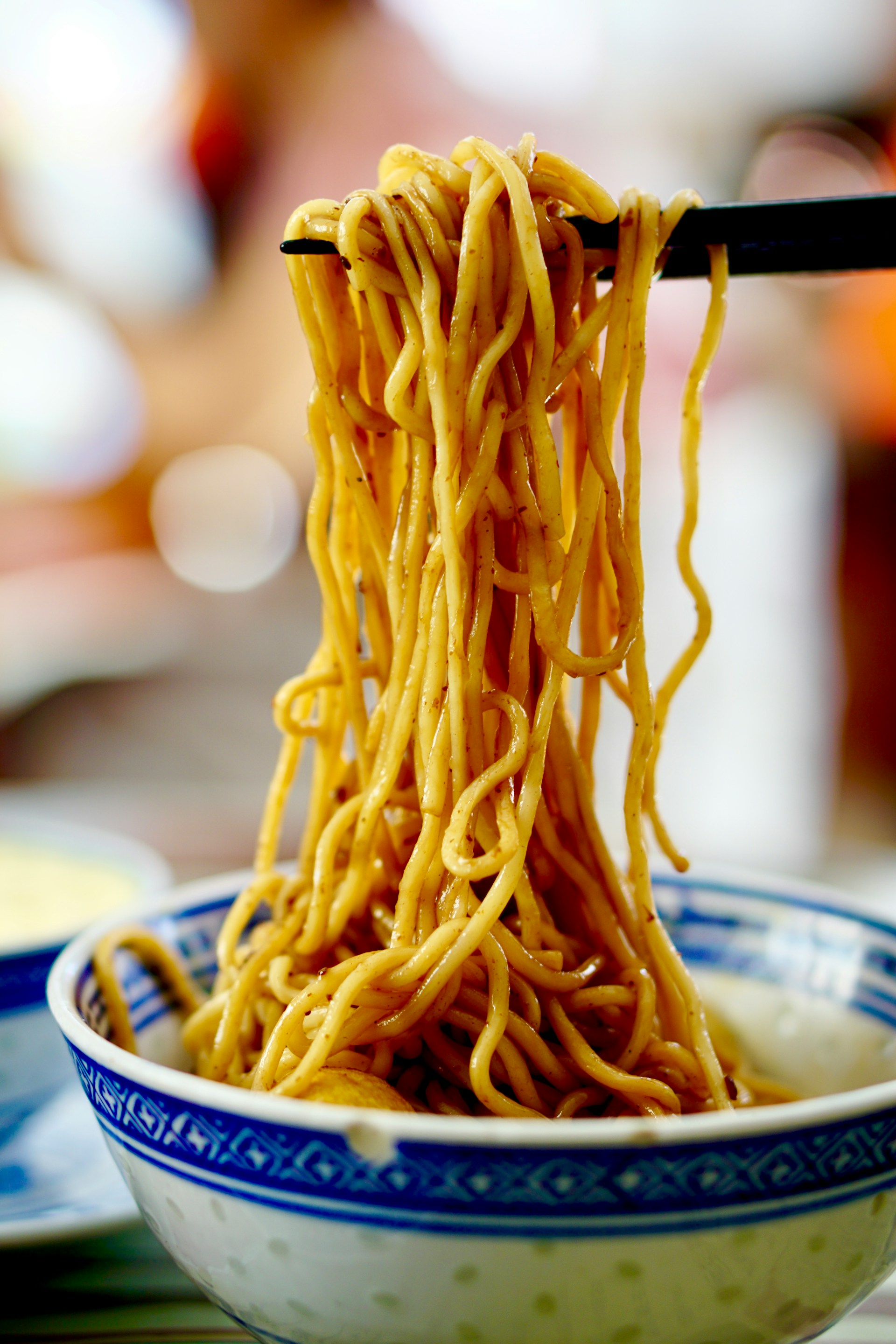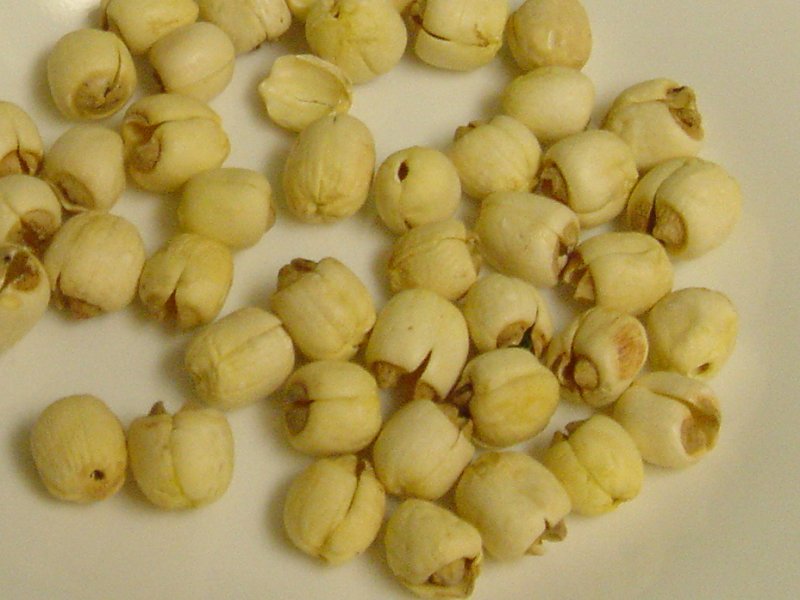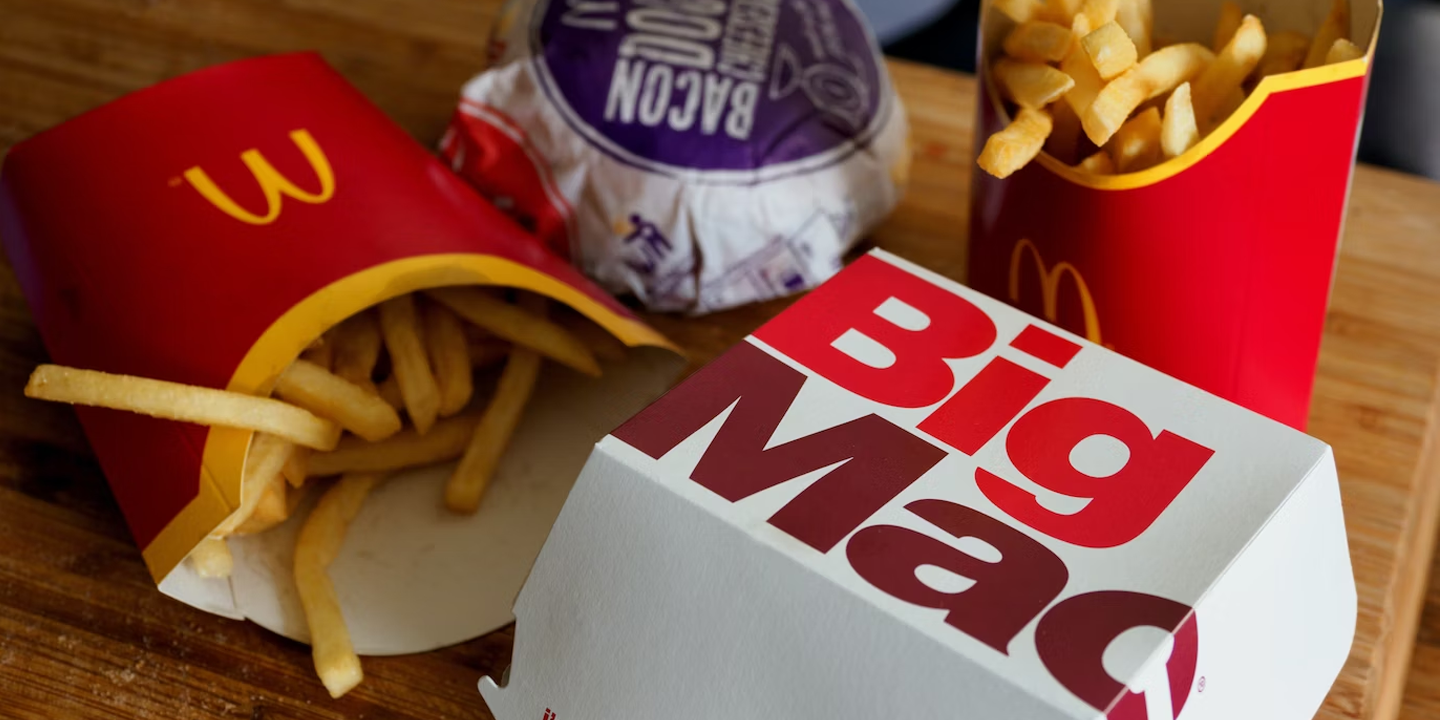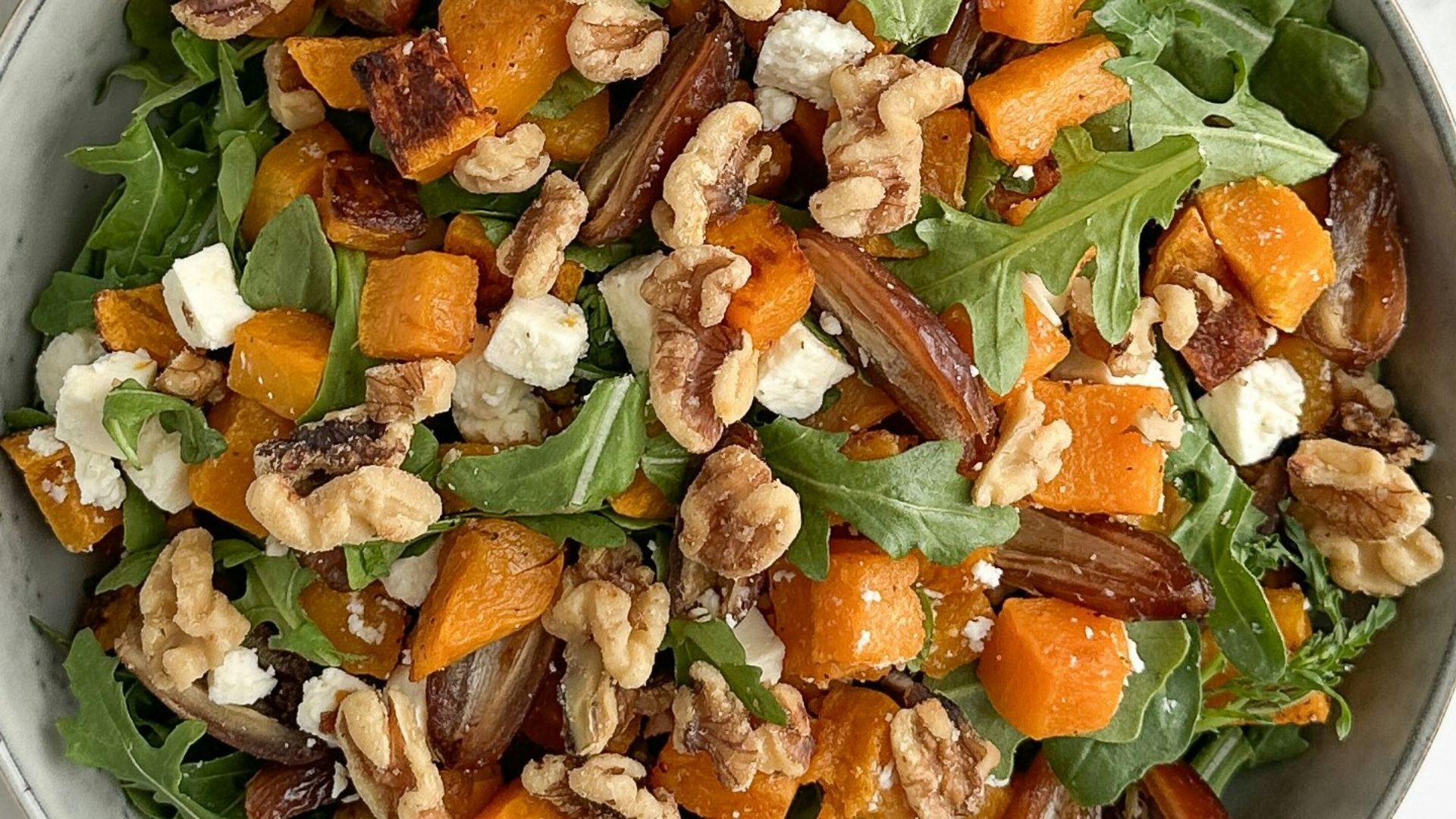Chinese New Year is a beautiful holiday that celebrates wealth and prosperity in the coming year. While there are a number of lucky foods you should be eating during this time that symbolize family unity, good fortune, and so much more, you should be aware that there are also a number of foods to avoid. In fact, it's believed that eating these 10 unlucky foods will bring you tons of bad luck. To make sure you don't make a mistake and eat one of these inauspicious foods, check our list below to see what they are.
1. Congee
Despite congee being a popular breakfast item in China, eating it for breakfast is actually considered bad luck on Chinese New Year. Congee is thought to symbolize poverty and misfortune, so it's traditionally believed that starting the day off with such a simple, humble food suggests a lack of prosperity and abundance.
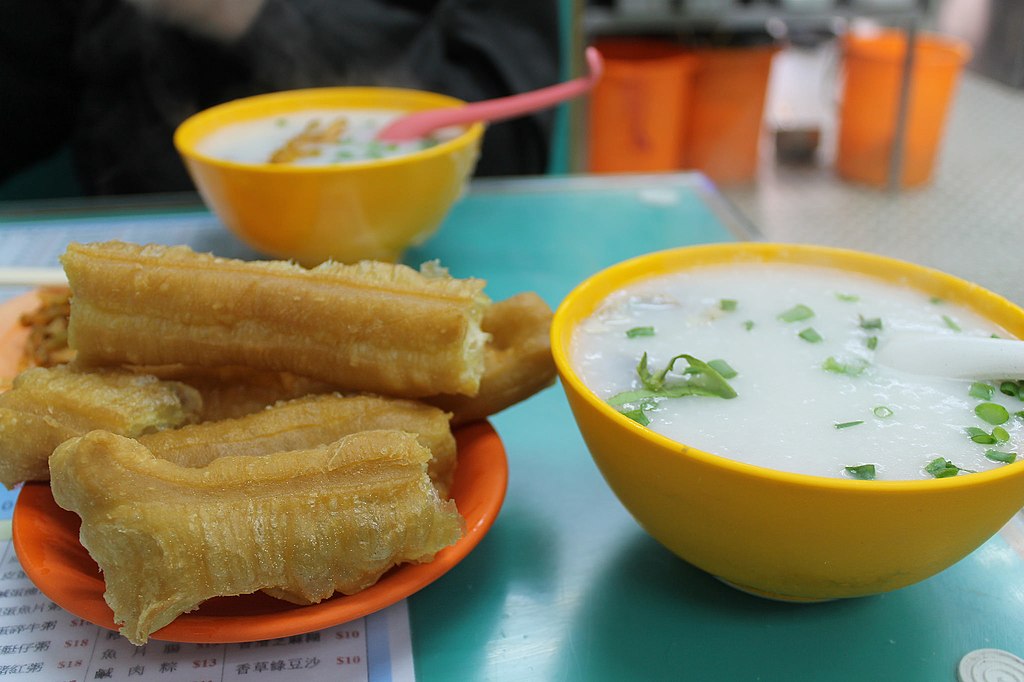 Connie Ma on Wikimedia Commons
Connie Ma on Wikimedia Commons
2. Squid
You'll definitely want to stay away from eating squid during Chinese New Year; the Chinese word for squid is similar to the word for "lose" or retreat", which is believed to symbolize setbacks or failures in the coming year, such as losing money or getting fired.
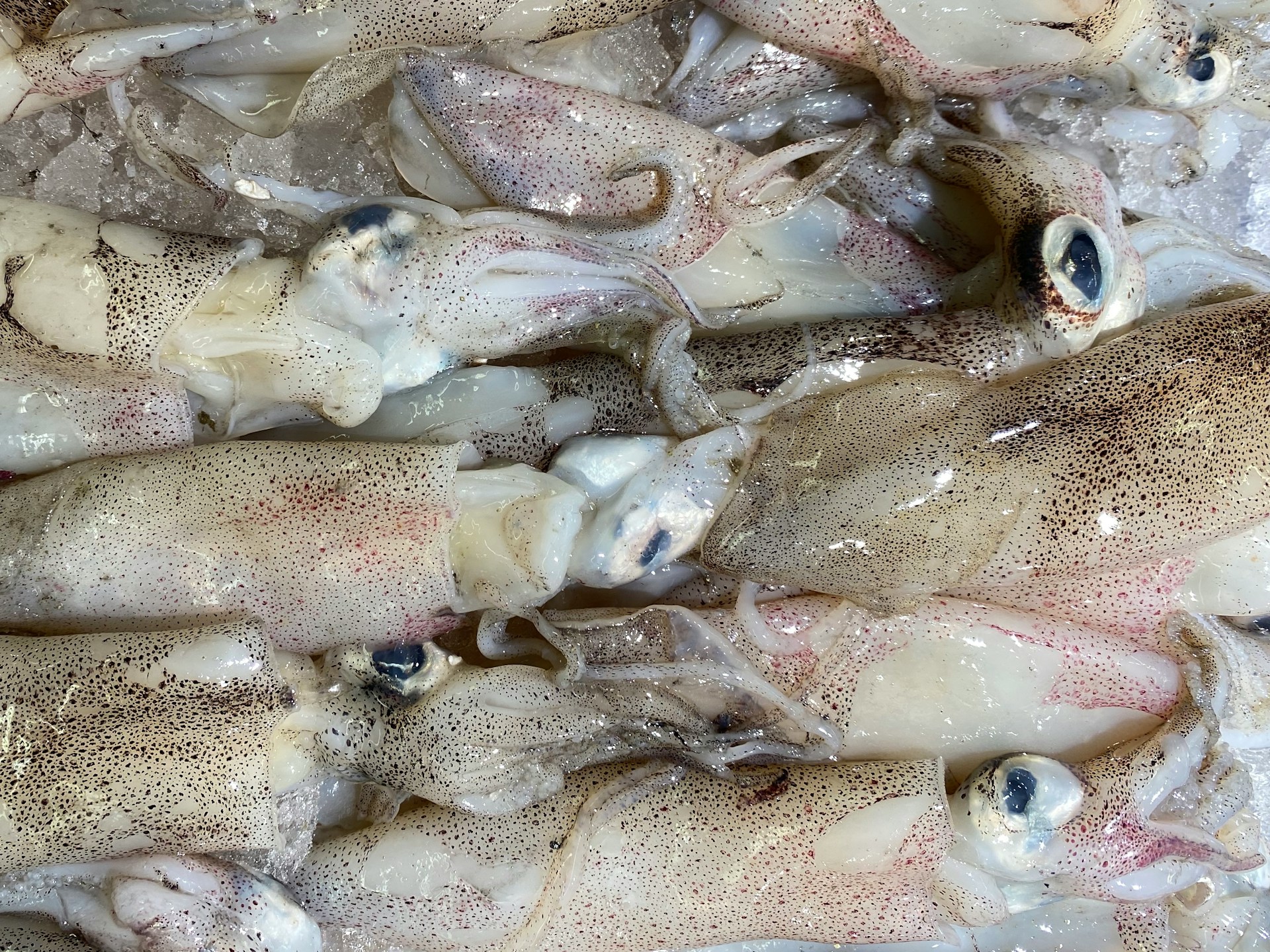 Photo by John Cameron on Unsplash
Photo by John Cameron on Unsplash
3. White Foods
The colour white is traditionally associated with mourning in Chinese culture, so it makes sense why they'd want to avoid eating food of this colour on such a celebrated holiday. Consuming white foods like tofu or white rice noodles during the New Year can be seen as inviting death or misfortune into the home. And we don't want that now do we.
4. Chicken Feet
Although chicken feet is a popular delicacy in many parts of China, it's actually considered unlucky to eat it during Chinese New Year. Why? Because they symbolize scratching or digging up the past, which isn't something you want to do when you're trying to move forward into the new year.
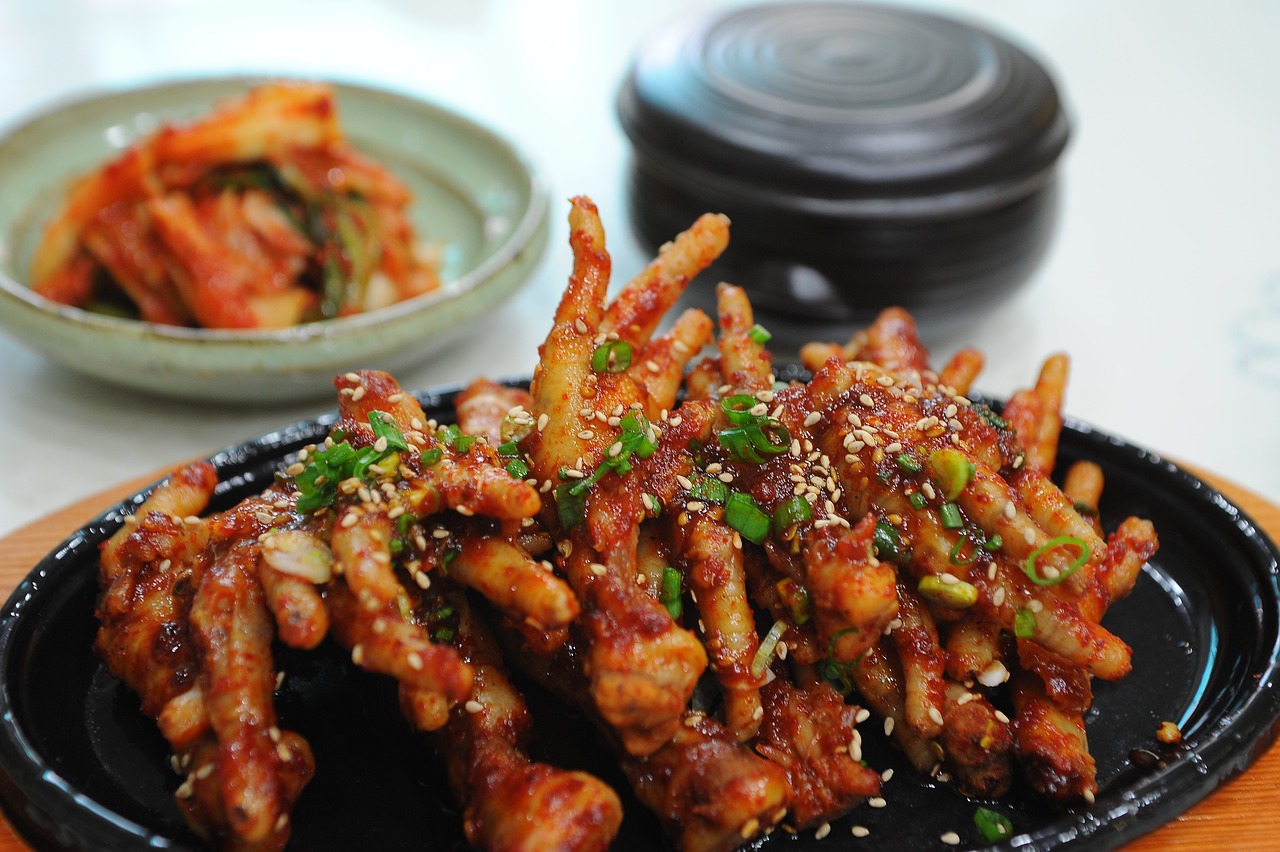 Image by jyleen21 from Pixabay
Image by jyleen21 from Pixabay
5. Crab
Looks like seafood just isn't all that lucky for Chinese New Year. eating crab during the new year festivities is often avoided because crabs walk sideways. It may sound funny, but it's believed to symbolize making indirect progress in life, suggesting that your endeavors in the coming year will not be straightforward.
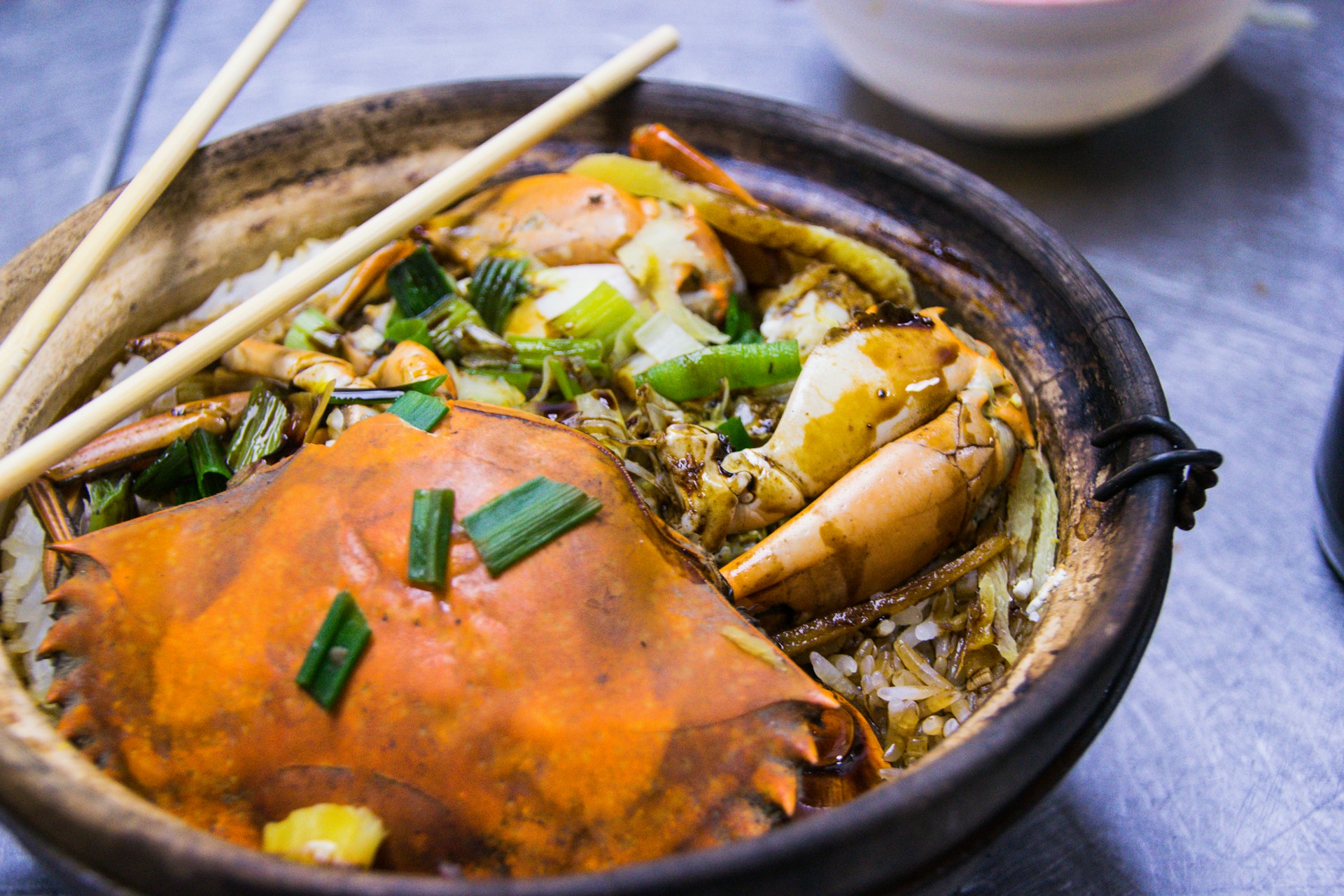 Photo by Vernon Raineil Cenzon on Unsplash
Photo by Vernon Raineil Cenzon on Unsplash
6. Pears
Pears are a delicious fruit, but just during Chinese New Year, you might want to avoid eating them. In Chinese culture, pears symbolize separation; eating pears is believed to lead to the parting of ways with friends and family, which is an incredibly inauspicious thing during a time focused on unity and togetherness.
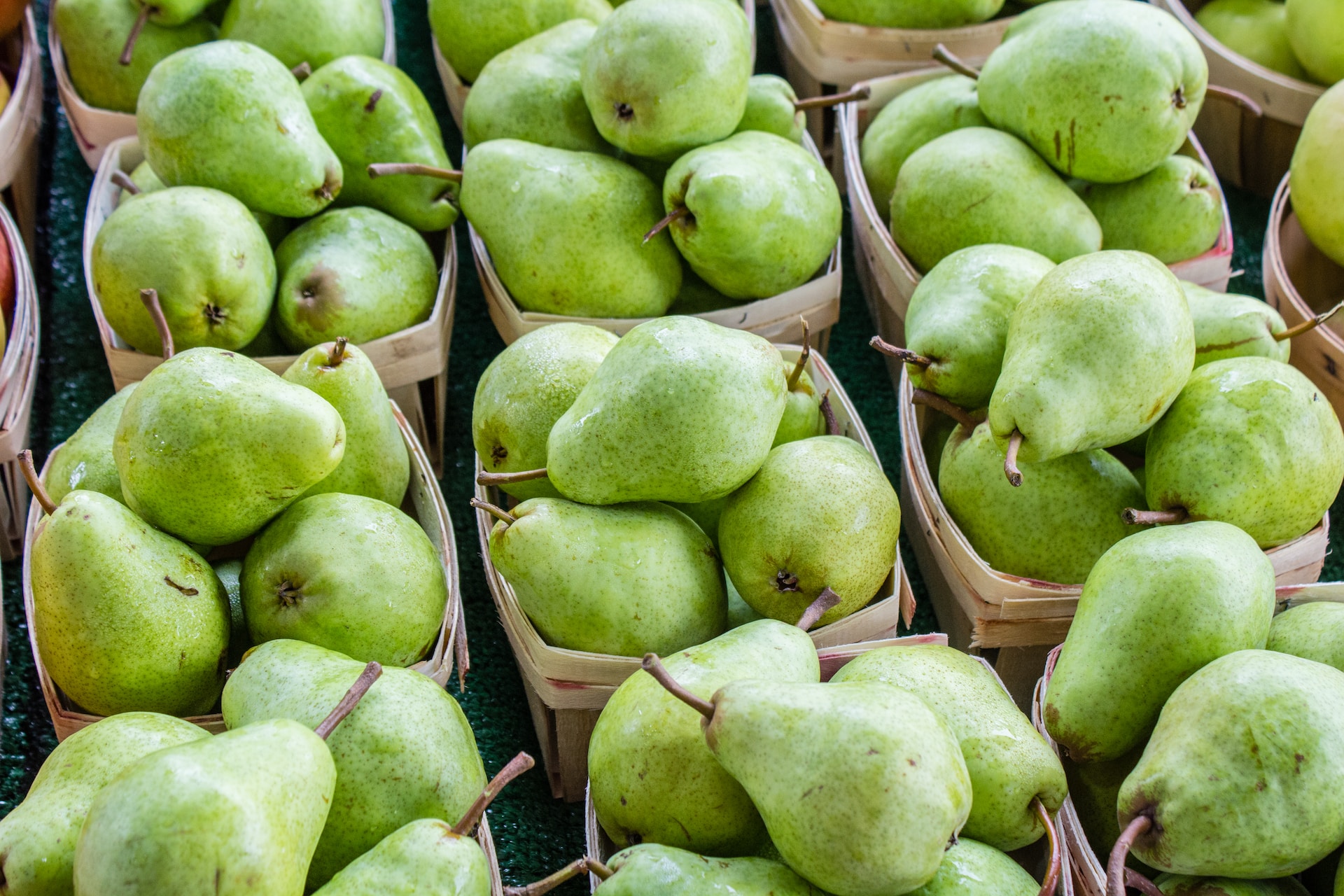 Photo by Jonathan Mast on Unsplash
Photo by Jonathan Mast on Unsplash
7. Bitter Foods
Not that we enjoy bitter foods on the regular, but they are especially unlucky to eat during Chinese New Year. It's best that you avoid any bitter tasting foods during this time because they're thought to represent a hard and difficult life. Eating them right at the start of the year could invite hardship and sorrow.
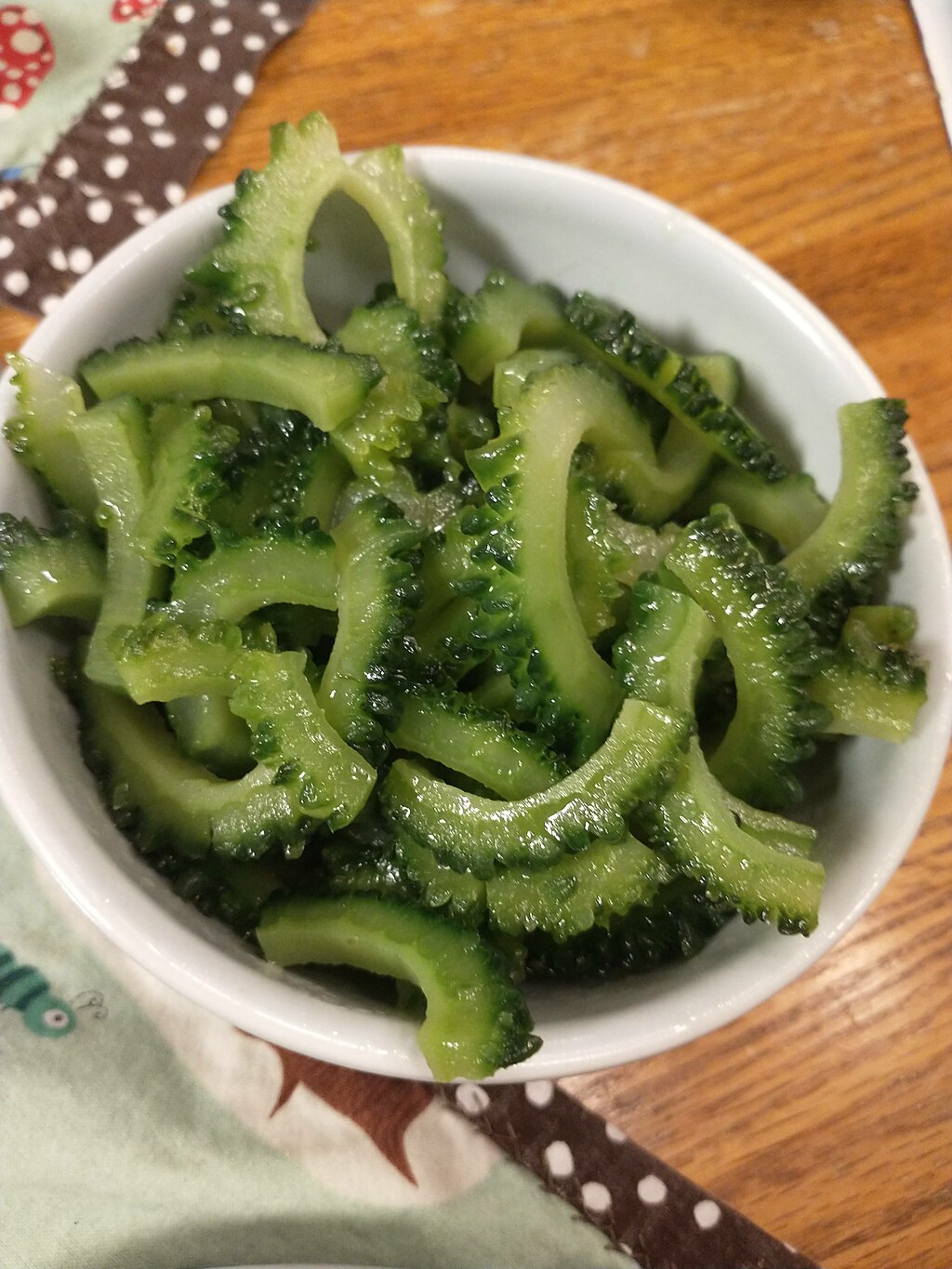 LibrarianKT on Wikimedia Commons
LibrarianKT on Wikimedia Commons
8. Meat on the First Day
The first day of the Chinese New Year is sometimes observed as a day to honour one's ancestors. Because of this, it's tradition to abstain from eating meat to ensure a long and healthy life; therefore, eating meat on this day is seen as disrespectful or unlucky.
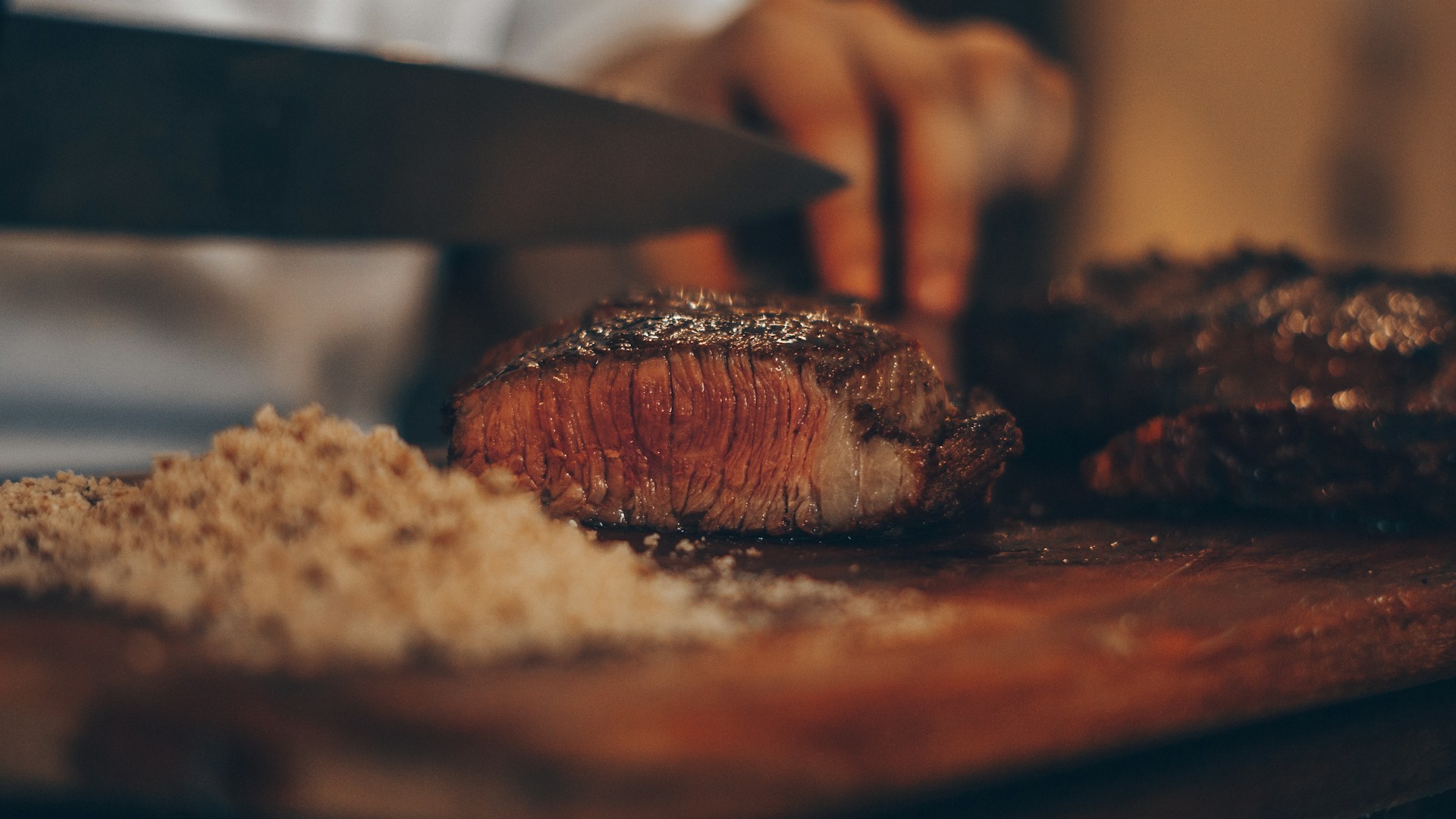 Photo by Emerson Vieira on Unsplash
Photo by Emerson Vieira on Unsplash
9. Hollow Bread
Bread that is hollow inside, particularly when it's expected to be nicely filled or fluffy, symbolizes bad luck and emptiness in Chinese culture. Consuming hollow bread during Chinese New Year is believed to represent a year that's lacking in substance or fulfillment, which is not exactly the way we'd want to start off the new year.
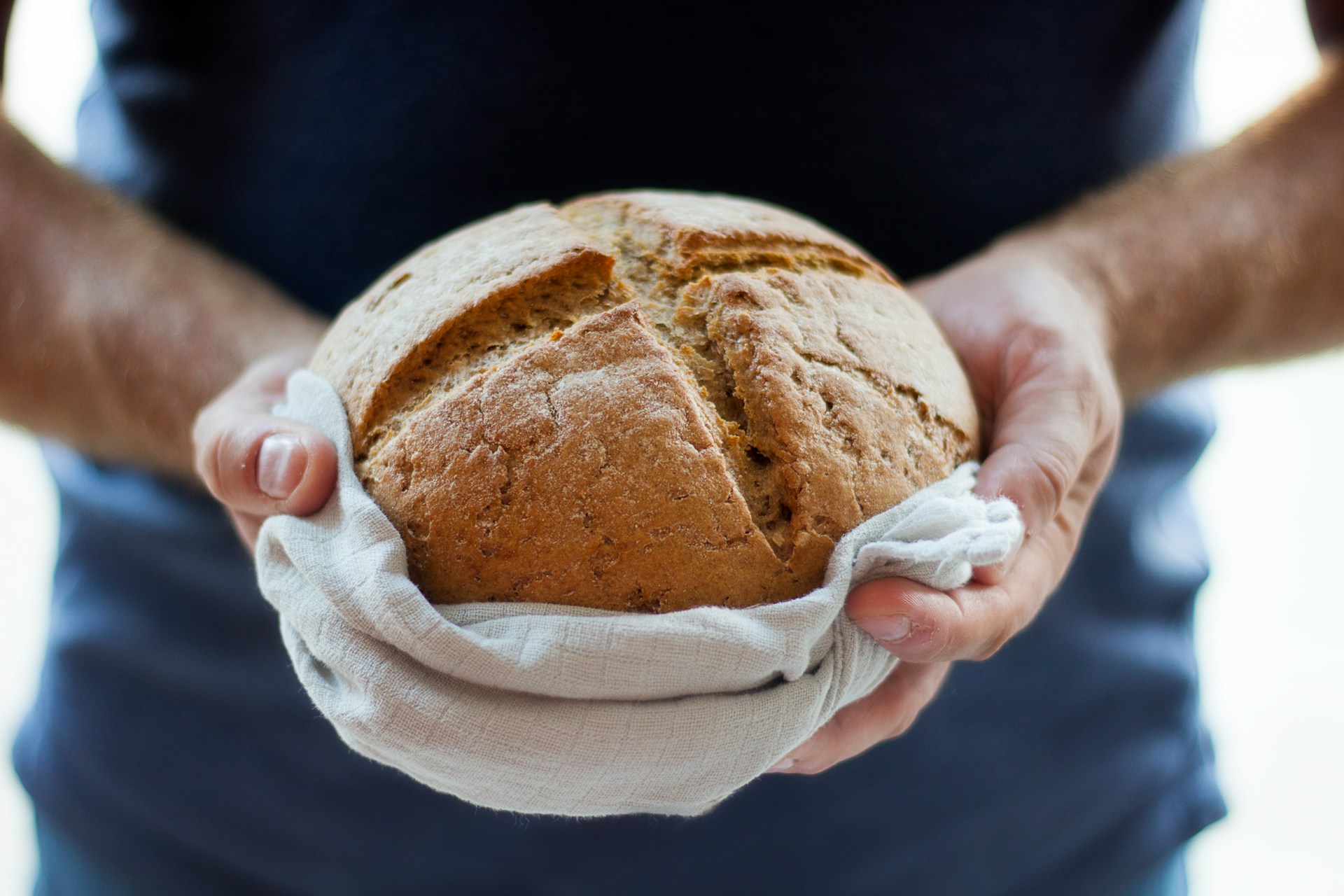 Photo by Kate Remmer on Unsplash
Photo by Kate Remmer on Unsplash
10. Broken Noodles
Noodles in Chinese culture represent longevity, so it's customary to eat long noodles to symbolize one's wish for a long life. The longer the better! So following this logic, broken noodles are considered extremely unlucky because they symbolize cutting life short. On Chinese New Year, make sure you don't eat or serve any noodles that have been cut or broken.
1. Fish
Eating an entire, whole fish is a staple during Chinese New Year celebrations as it symbolizes abundance and surplus. The Chinese word for fish, "Yu," sounds like the word for surplus, wishing that you will receive more than what is necessary in the coming year.
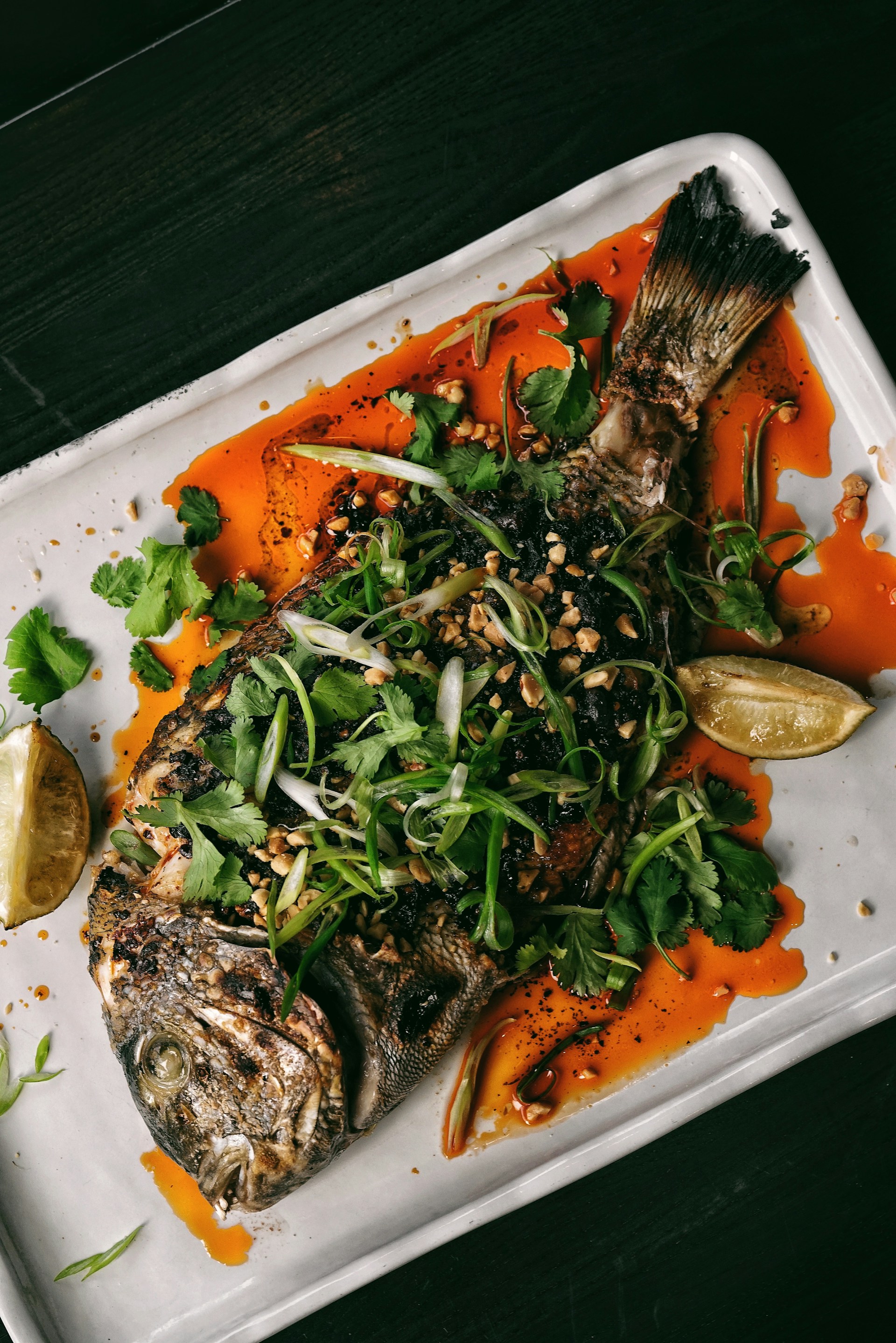 Photo by Thomas Wavid Johns on Unsplash
Photo by Thomas Wavid Johns on Unsplash
2. Dumplings
Shaped like ancient Chinese gold ingots, dumplings are as lucky as they are delicious. Believed to bring wealth and prosperity because of their shape, it's a tradition to eat them around midnight on Chinese New Year's Eve. Some families take it one step further and hide a coin in one of the dumplings, bringing extra luck to whoever finds it.
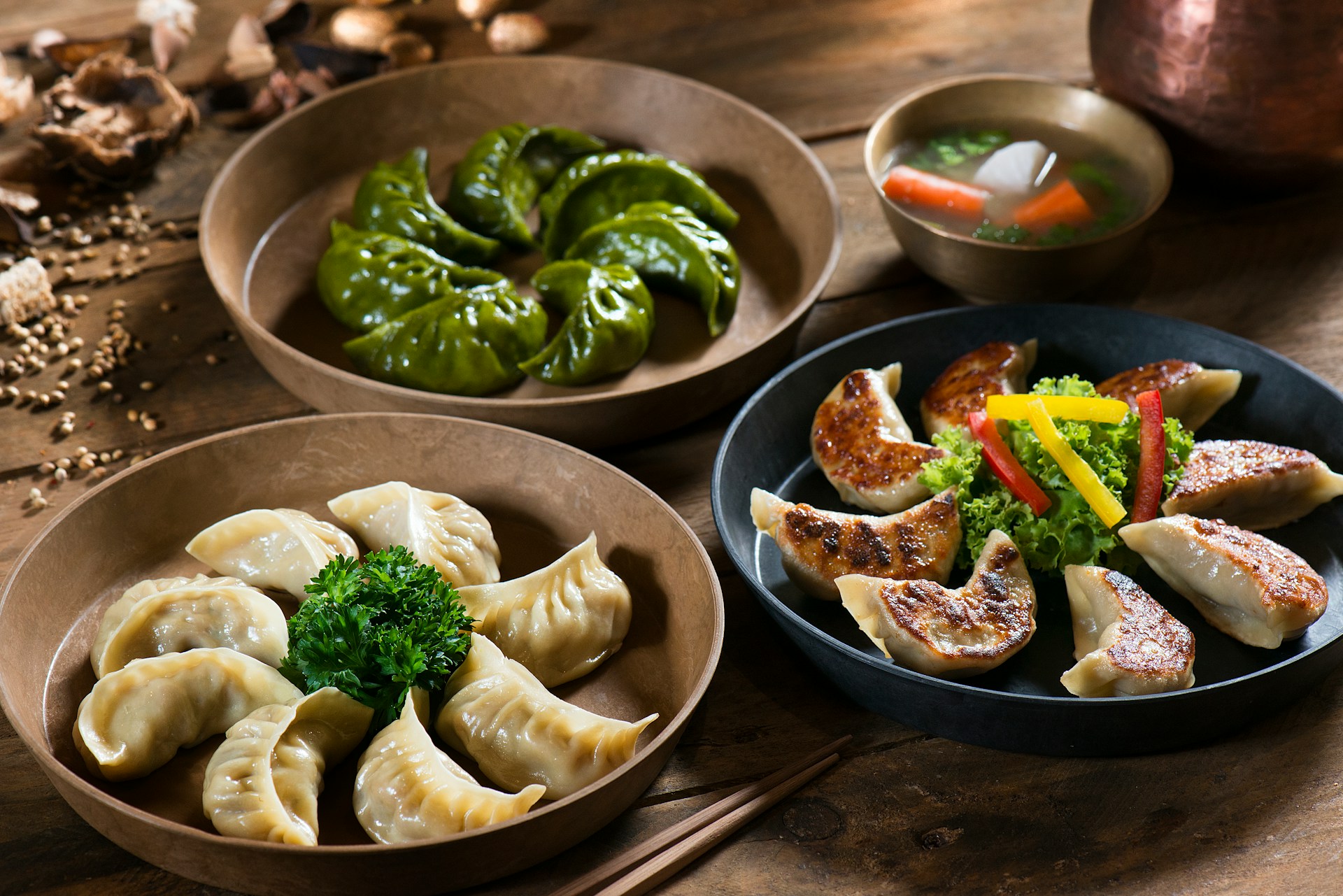 Photo by Abhishek Sanwa Limbu on Unsplash
Photo by Abhishek Sanwa Limbu on Unsplash
3. Spring Rolls
Resembling gold bars, spring rolls are eaten in the hopes of gaining wealth and good fortune in the new year. They are typically filled with vegetables and sometimes meat, signifying the renewal of spring and a fresh start in the New Year.
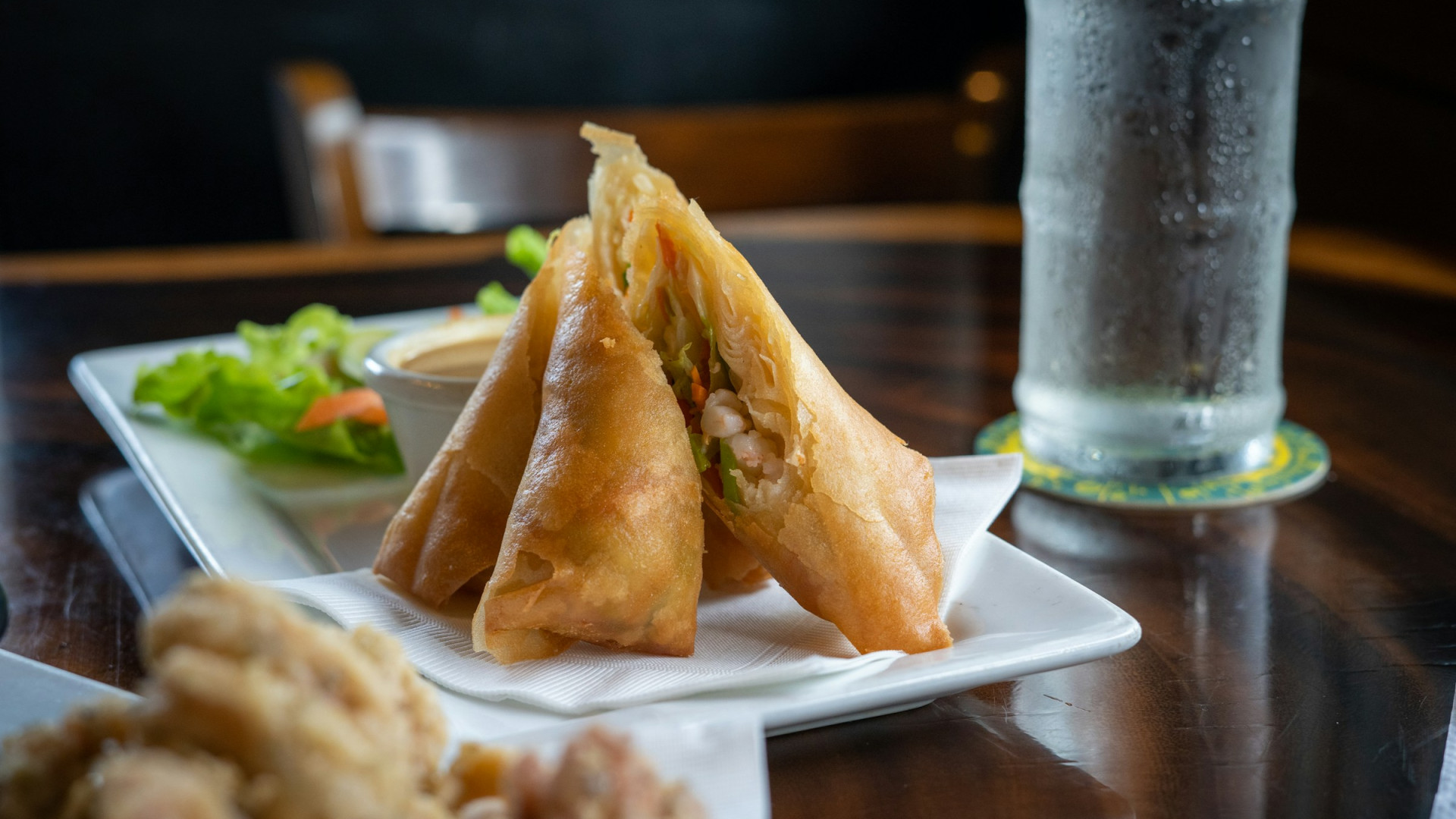 Photo by Alexandra Tran on Unsplash
Photo by Alexandra Tran on Unsplash
4. Glutinous Rice Cake (Nian Gao)
Literally translating to "year high," nian gao is a popular Chinese snack eaten during this celebrated time because it symbolizes a higher income, higher position, and the growth of children. Eating nian gao is believed to bring a year of success and growth in various aspects of your life. Sign us up for that!
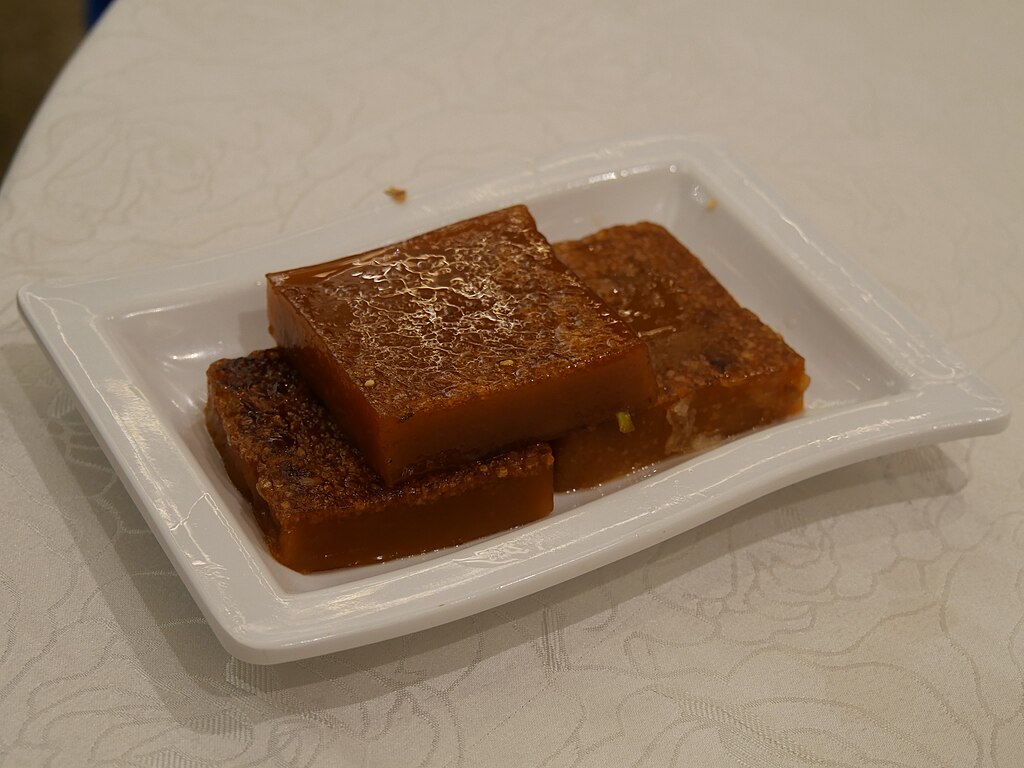 Peachyeung316 on Wikimedia Commons
Peachyeung316 on Wikimedia Commons
5. Sweet Rice Balls (Tang Yuan)
These delicious, round balls are a great dessert to end off any massive meal. They aren't just sweet and tasty, they're also lucky! Symbolizing family togetherness and reunion, these are central themes to Chinese New Year that are perfectly captured in these chewy rice balls.
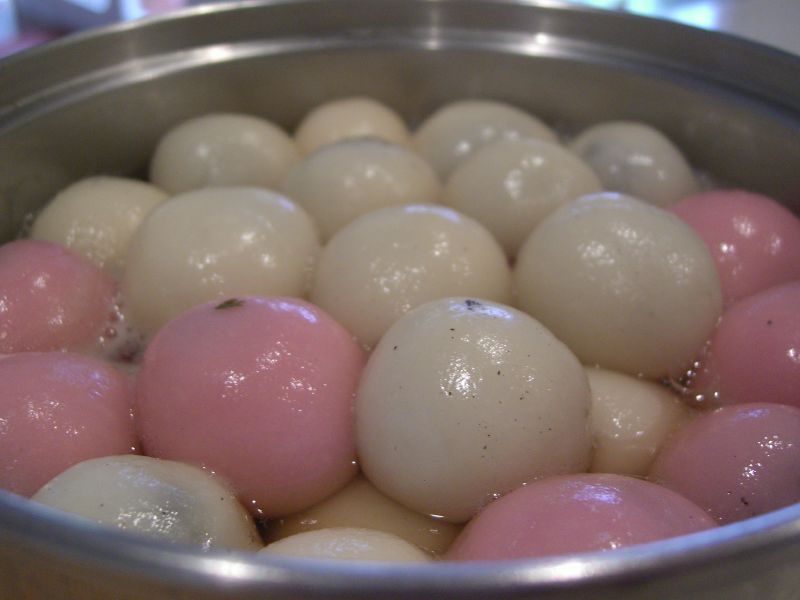 Alpha from Melbourne, Australia on Wikimedia Commons
Alpha from Melbourne, Australia on Wikimedia Commons
6. Long Noodles
As mentioned earlier, eating long, uncut noodles is a symbol of long life in Chinese culture. So the longer the noodle, the longer and healthier the life you're hoping to have. The key here is to slurp them whole so you don't break them!
7. Pomelo
Pomelo is an auspicious fruit that's thought to bring continuous prosperity and status in the New Year. The tradition stems from the fruit's association with good luck and family unity, partly due to its large size.
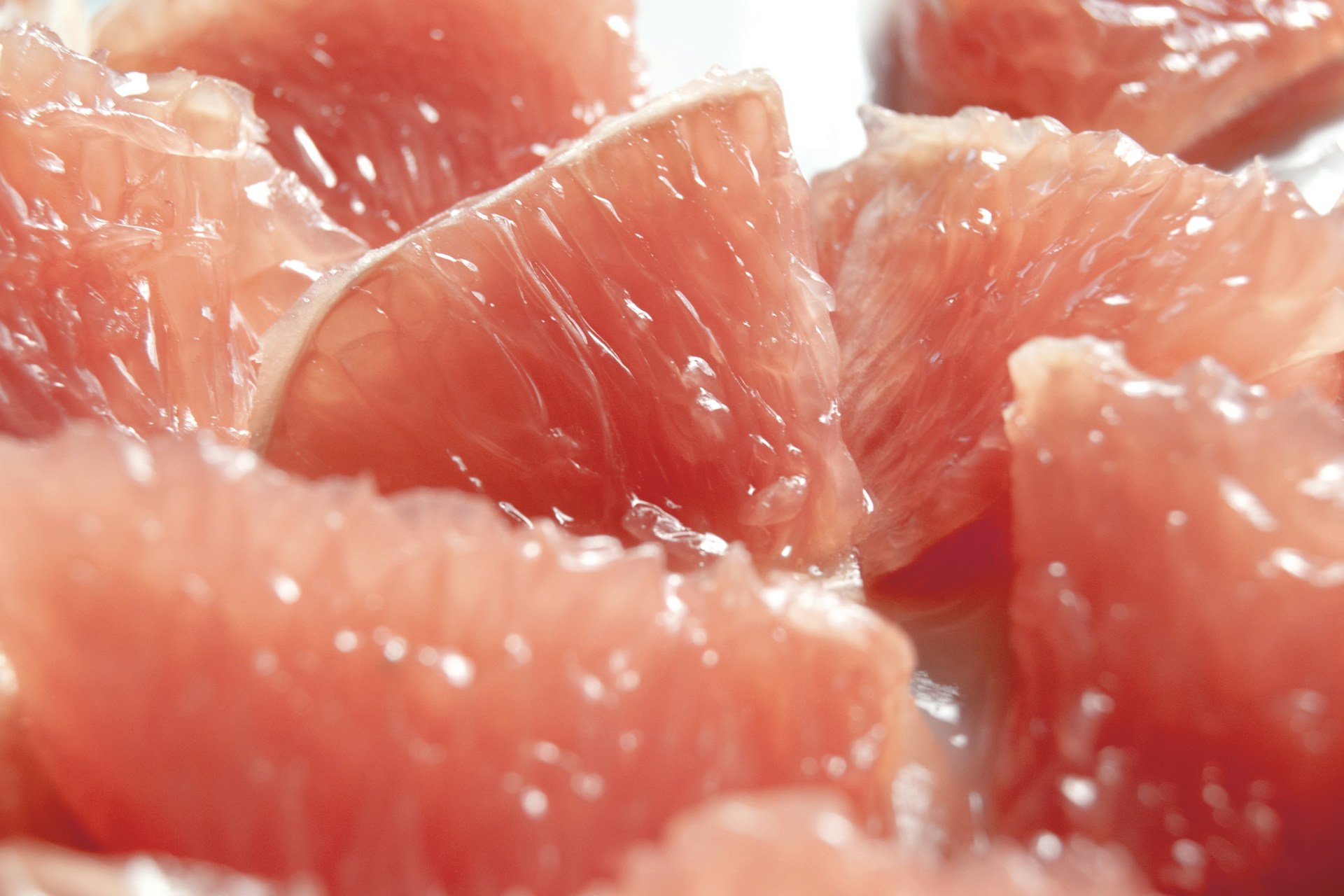 Photo by Neringa Skorupskiene on Unsplash
Photo by Neringa Skorupskiene on Unsplash
8. Citrus Fruits
Citrus fruits like oranges and tangerines are considered extremely lucky in Chinese culture simply because their Chinese names sound like words for wealth and luck. Pretty straightforward! Giving these fruits as gifts or displaying them in your home is believed to attract fortune for you and whoever you gift it to.
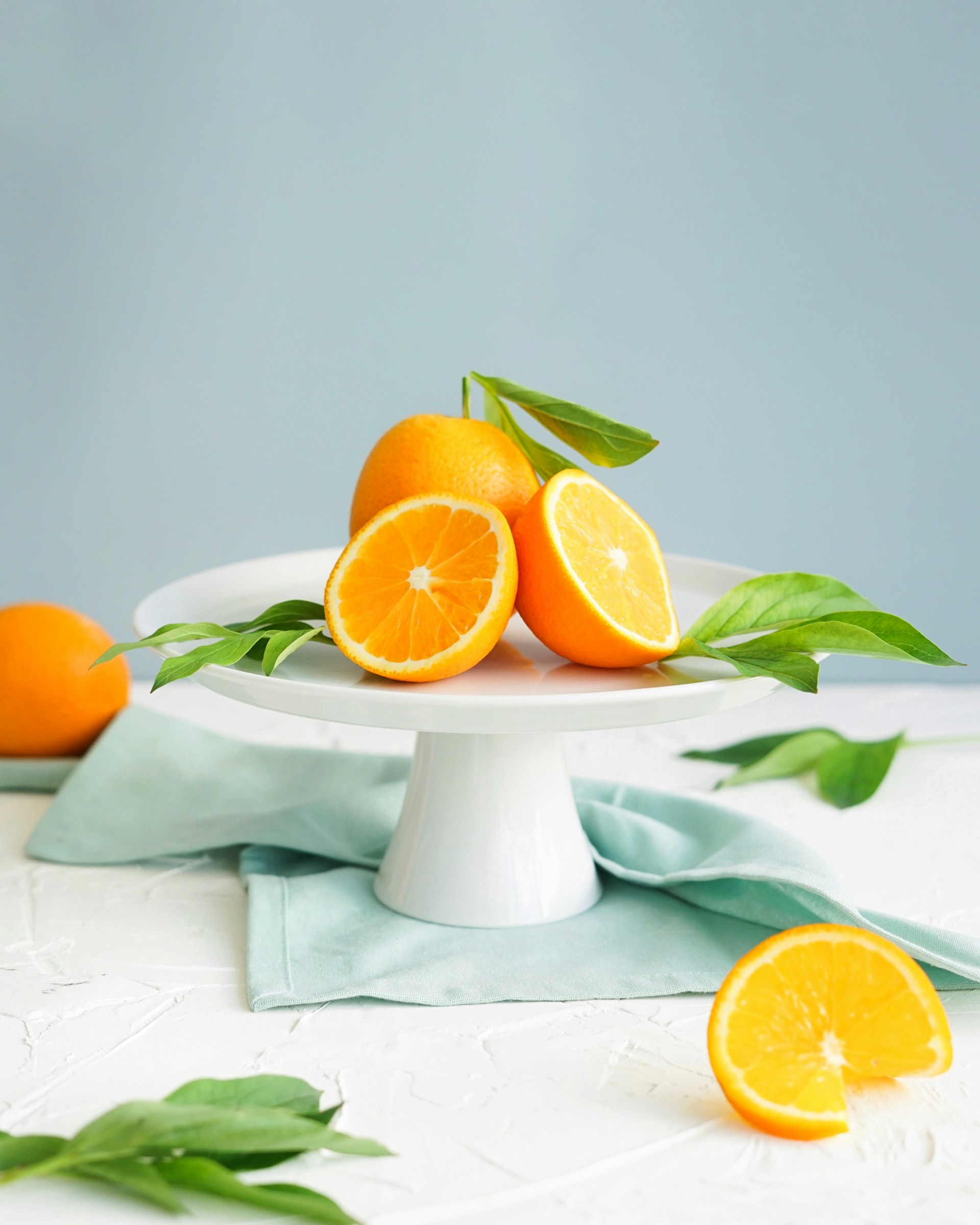 Photo by Aliona Gumeniuk on Unsplash
Photo by Aliona Gumeniuk on Unsplash
9. Peanuts
Peanuts served raw, cooked, or as a part of sweets are incredibly lucky and symbolize a long and healthy life. Their Chinese name sounds similar to the word for "birth' or "multiplicity," suggesting fertility and abundance in the coming year. If you're hoping to start a family, you might want to grab a couple of peanuts to munch on!
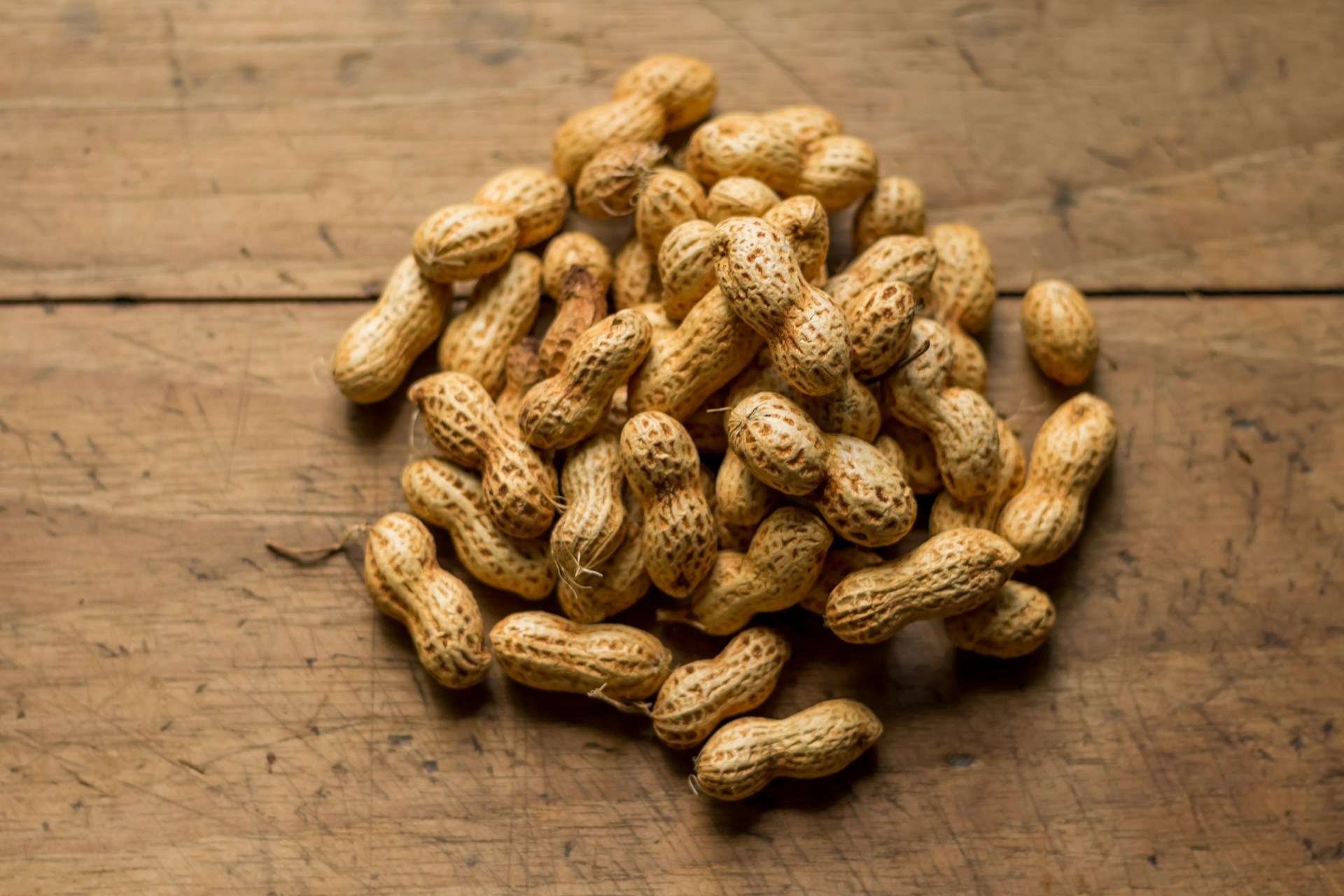 Photo by Isai Dzib on Unsplash
Photo by Isai Dzib on Unsplash
10. Lotus Seeds
Lotus seeds are another symbol of fertility, but also marital happiness. The way the word is pronounced in Chinese, combined with its appearance, make it associated with the wish for many children and a happy family. With so many great sentiments behind it, it's an incredibly popular snack during New Year celebrations.
KEEP ON READING

20 Discontinued Snacks All Millennials Will Remember



